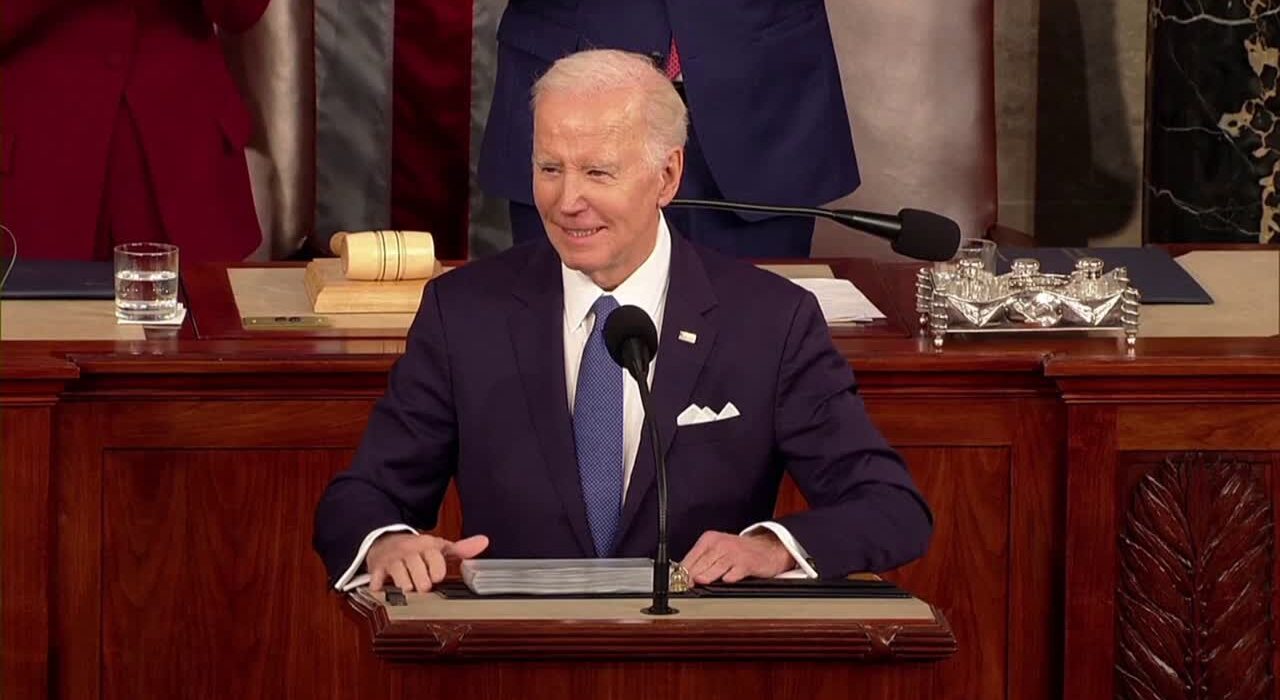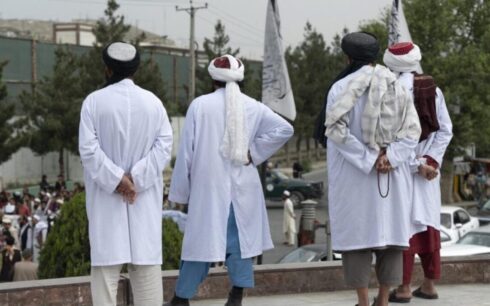US President Joe Biden did not mention Afghanistan and its situation after the withdrawal of American troops during his 73-minute State of the Union speech at Congress.
US Senator Lindsey Graham in a tweet said that “President Biden has apparently forgotten about Afghanistan, but I can assure you the world has not.”
“Our allies are still shaken by his disastrous withdrawal and our terrorist enemies have been emboldened,” he said. “Not one word about Afghanistan.”
US congressman Michael McCaul on Tuesday said that the Taliban has not changed and that Washington should take steps against the group.
“Considering the developments in the world and the region, Americans have focused on their priority in a war which is ongoing, and that is the Ukraine war. The second matter is that Americans have forgotten Afghanistan over the past five years,” said Massoud Treshtwal, head of Afghanistan’s legal and political studies. “Neither the US’s arrival nor its withdrawal were for the people of Afghanistan. They were for their own interests.”
Biden defended his economic plans in his State of the Union speech.
Biden challenged Republicans to lift the US debt ceiling and support tax policies that were friendlier to middle-class Americans.
Assailing oil companies for making high profits and corporate America for taking advantage of consumers, Biden used his prime time speech to outline progressive priorities of his Democratic Party that are anathema to many Republican lawmakers.
“To my Republican friends, if we could work together in the last Congress, there is no reason we can’t work together and find consensus on important things in this Congress as well,” he said.
“Some of my Republican friends want to take the economy hostage – I get it – unless I agree to their economic plans. All of you at home should know what those plans are. Instead of making the wealthy pay their fair share, some Republicans … want Medicare and Social Security to sunset,” he said, drawing boos.
Biden turned 80 in November and, if re-elected, would be 82 at the start of a second term, a fact that concerns many Democratic voters, recent polls show.





